
When I Close My Eyes I See Everything(2022)
A Sunday walk in a forest turns into a poetic journey on perception.
Movie: When I Close My Eyes I See Everything
Video Trailer When I Close My Eyes I See Everything
Similar Movies
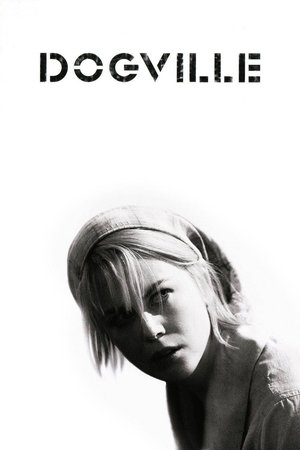 7.8
7.8Dogville(en)
When beautiful young Grace arrives in the isolated township of Dogville, the small community agrees to hide her from a gang of ruthless gangsters, and, in return, Grace agrees to do odd jobs for the townspeople.
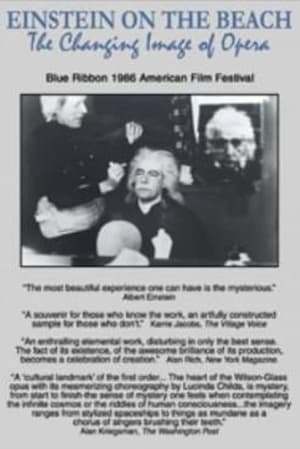 10.0
10.0Einstein on the Beach: The Changing Image of Opera(en)
The creative processes of avant-garde composer Philip Glass and progressive director/designer Robert Wilson are examined in this film. It documents their collaboration on this tradition breaking opera.
 5.0
5.0Caterpillar(ja)
A half-hour experimental film that shows Fukui moving towards cyberpunk imagery in a manner similar to Tsukamoto, featuring industrial locations, a malfunctioning cyborg/android and a hulking metallic ‘caterpillar’ that stalks characters.
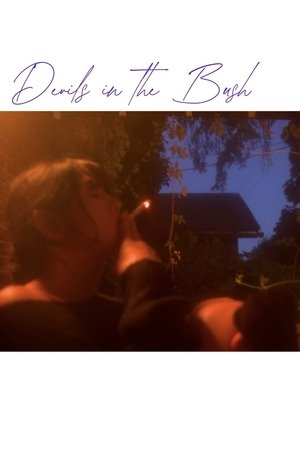 0.0
0.0Devils in the Bush(en)
In a summer’s sweltering heat, 20-something Fei begins to suspect her boyfriend is cheating. As doubt takes root for Fei, she drifts in search of connection elsewhere.
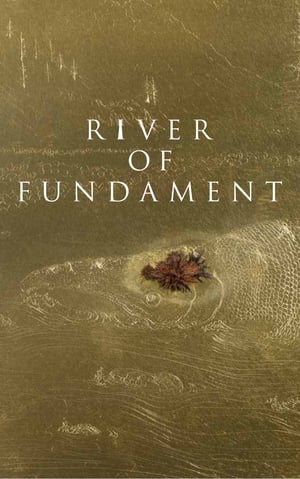 6.2
6.2River of Fundament(en)
Visionary artist Matthew Barney returns to cinema with this 3-part epic, a radical reinvention of Norman Mailer’s novel Ancient Evenings. In collaboration with composer Jonathan Bepler, Barney combines traditional modes of narrative cinema with filmed elements of performance, sculpture, and opera, reconstructing Mailer’s hypersexual story of Egyptian gods and the seven stages of reincarnation, alongside the rise and fall of the American car industry.
 6.0
6.0Polaroid(en)
High school loner Bird Fitcher has no idea what dark secrets are tied to the mysterious Polaroid vintage camera she stumbles upon, but it doesn't take long to discover that those who have their picture taken meet a tragic end. Bird and her friends must survive one more night as they race to solve the mystery of the haunted Polaroid before it kills them all.
 0.0
0.0The Proposal(en)
Mike has set up a video camera to capture the big moment, when he proposes to his girlfriend Abi. But it isn't too long until they realize they are not alone in the house.
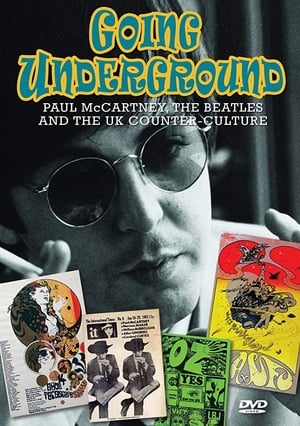 0.0
0.0Going Underground: Paul McCartney, the Beatles and the UK Counterculture(en)
Feature-length documentary examining the growth of the UK Counterculture in the mid-1960s, and Paul McCartney's involvement with this movement, which had a significant impact on the Beatles' music and their evolution during the latter half of the decade.
 0.0
0.0Untitled Mockumentary Comedy(en)
Three student filmmakers set out to capture each other's inner life struggles in an avant-garde documentary, but as the lens turns inward and time begins to lose meaning, they drift into an existential spiral of insanity—where memory fractures, selves unravel, and nothing remains quite real.
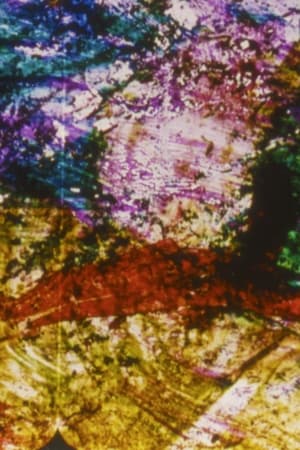 5.0
5.0Three Homerics(en)
This film is composed of three sections created to accompany a piece of music (by Barbara Feldman) on a Homeric poem.
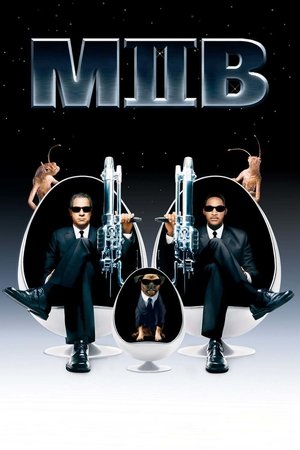 6.4
6.4Men in Black II(en)
Kay and Jay reunite to provide our best, last and only line of defense against a sinister seductress who levels the toughest challenge yet to the MIB's untarnished mission statement – protecting Earth from the scum of the universe. It's been four years since the alien-seeking agents averted an intergalactic disaster of epic proportions. Now it's a race against the clock as Jay must convince Kay – who not only has absolutely no memory of his time spent with the MIB, but is also the only living person left with the expertise to save the galaxy – to reunite with the MIB before the earth submits to ultimate destruction.
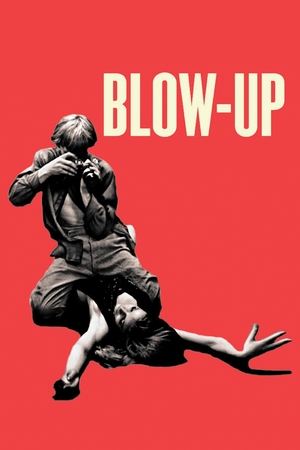 7.3
7.3Blow-Up(en)
A successful mod photographer in London whose world is bounded by fashion, pop music, marijuana, and easy sex, feels his life is boring and despairing. But in the course of a single day he unknowingly captures a death on film.
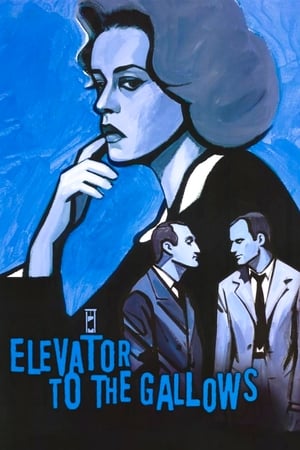 7.6
7.6Elevator to the Gallows(fr)
A self-assured businessman murders his employer, the husband of his mistress, which unintentionally provokes an ill-fated chain of events.
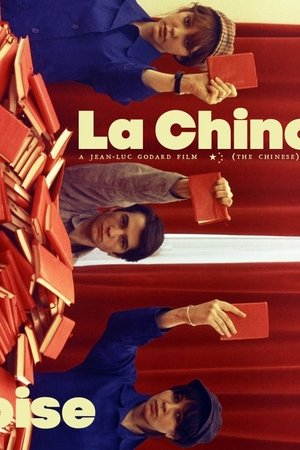 7.0
7.0La Chinoise(fr)
A small group of French students are studying Mao, trying to find out their position in the world and how to change the world to a Maoistic community using terrorism.
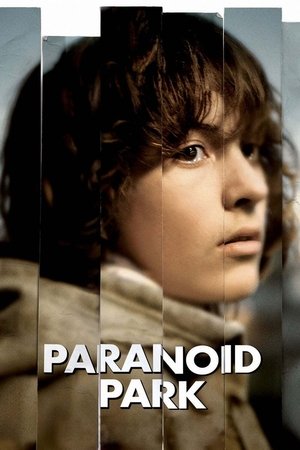 6.5
6.5Paranoid Park(en)
A teenage skateboarder becomes suspected of being connected with a security guard who suffered a brutal death in a skate park called "Paranoid Park".
 10.0
10.0Flesh in Turmoil(pt)
The process of depersonalization maintains a dialogue with the objectification of the body, a sort of thingified flesh, clothed in animosity. In an epiphanic act, the sutures reveal themselves as the reflection of this gaze upon its own spilled fluids and transcend into an internal soup. It is the stream of consciousness in its purest form. It is the raw and the bare. It is the visceral nature of facts. It is the merging of worlds. It is the flesh in turmoil.
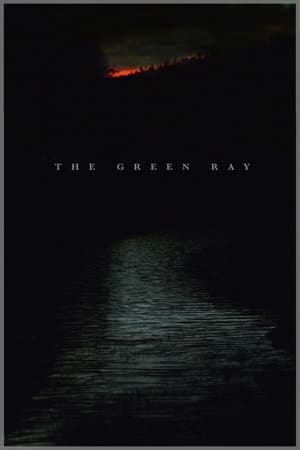 7.6
7.6The Green Ray(en)
A Green Ray that never features. Instead, we sense it, seeing beyond our own eyes, beyond the hills, we sense it for an instant. We are plunged into the unknowable, beyond the horizon, beyond seeing altogether. In a single, virtuoso 11 minute take, Barley takes us from lush sunsets. to beyond the green ray, and into the gloaming, into the heavy night's darkness, where we, transfixed, can do nothing but await the impending storm.
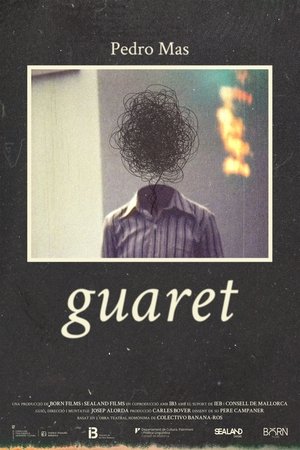 0.0
0.0Guaret(ca)
Pedro is Mallorcan, born to a mother from Burgos and a father from Mallorca. Due to his distant relationship with his father, Pedro doesn't fully master Mallorcan as a language. He turns to the works of Damià Huguet to remember his father, as only his poems can fill the void left by his death. The poet's words transport Pedro to his childhood and his roots, even though many of the words are unknown to him, despite them belonging to his language. This becomes the driving force behind the protagonist's search for his own identity, his origins, what it means to be a man, father-son relationships, collective identity, and "mallorquinness". Pedro constantly questions the emotions stirred by Huguet's poetry, and, most importantly, who he is and where he belongs.
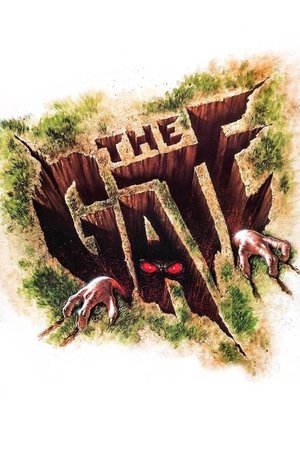 6.0
6.0The Gate(en)
Three young children accidentally release a horde of nasty, pint-sized demons from a hole in a suburban backyard. What follows is a classic battle between good and evil as the three kids struggle to overcome a nightmarish hell that is literally taking over the Earth.
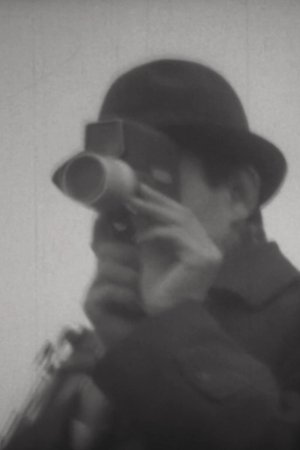 0.0
0.0Nomadtitude(en)
Using footage from socialist era Mongolia, Nomadtitude deals with the transition of the traditionally nomadic people to a lifestyle of urbanization. A changing of roads throughout the years and the movement of people from all across the country to the cities. A timeline of changing physical and spiritual paths. Primary instincts of the nomads, such as having a deep respect for natural surroundings, were forcefully replaced by socialist dogma and, later, capitalist machinations. This work presents the roads taken and not taken by the Mongolian nomads up until now. (Zulaa Urchuud)

